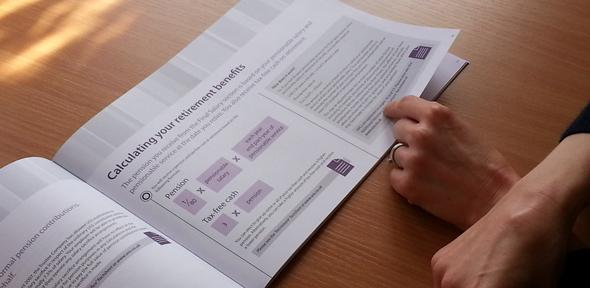
Universities Superannuation Scheme: a brief guide to the funding position of USS and potential reform to its structure and benefits.
Members of the Universities Superannuation Scheme may have read coverage in various media over the summer relating to the funding position of the USS and potential reform to its structure and benefits. The following is a brief overview of some of the key issues and what is likely to happen next.
What is happening?
The Trustee of the USS is soon to receive the initial outcomes of the latest triennial valuation of the scheme’s assets and liabilities as at 31 March 2014. The last valuation in March 2011 showed that the USS’s liabilities exceeded its assets by £2.9bn, and changes to benefits and contribution rates were made as a result. Despite those changes, the scheme’s deficit has increased significantly. In June 2013, the estimated deficit was £7.9bn. The 2014 valuation is expected to show an ongoing and substantial deficit.
The USS Trustee and Universities UK (UUK) – as formal representative of the scheme’s participating employers on funding and investment issues – believe that reform to the structure and benefits of USS is necessary to deal with the deficit and ensure the scheme’s sustainability for both employers and employees.
Those employers that take part in the scheme have recently been consulted by UUK on proposed changes to USS benefits, with the proposals and responses from the consultation due to be considered by the USS Group of the Employers' Pension Forum next month. Members should be clear that this is an employer consultation, and that there will be a consultation with employees who are members of the scheme when and if USS, following decisions by the Joint Negotiating Committee (JNC), propose changes to the scheme. The Pensions Working Group, a sub-committee of the Finance Committee, submitted a response on behalf of the University as employer, making clear that this did not represent a response from the Council or Regent House. This has been published on the Pensions Section of the website (see Further links, above right) and is available for University staff to read.
The University and College Union (UCU), as the trade union that represents scheme members, has been in discussion with both the Trustee and UUK.
What is the proposed response to the USS funding deficit?
The following is a brief overview of the proposed reform to the funding and benefits of USS consulted on by UUK. This should be read alongside the document USS: an integrated approach to scheme funding, also available shortly on the Pensions Section of the website:
• The final salary section of the USS to be closed to existing members
• All members of the USS to join the career revalued benefits (CRB) section of the USS for future service
• Benefits in the CRB section to apply up to a salary threshold (proposed as "not less than" £40,000)
• In addition to the CRB pension, employees would be able to make additional payments into a new defined contribution section up to the salary threshold. These additional contributions to be matched up to a fixed amount by employers
• Pension benefit for higher earning members above the salary threshold would be covered by a new defined contribution section to which both members and employers would contribute.
How can I find out more?
In the first instance, the Vice-Chancellor will chair a Discussion at 2pm on Tuesday, 28 October, 2014 in the Senate House, at which there will be an opportunity to share views on the changes proposed. All employees of the University who are members of the USS are welcome to attend this Discussion, in addition to those already entitled to attend.
Timetable
UUK is due to hold further discussions with UCU before submitting final proposals to the USS JNC later this calendar year. If the JNC decides that changes to USS benefits are required, there will be a statutory consultation with affected employees who are members of USS. This must run for a minimum of 60 days. If discussions are concluded in November, a consultation is likely to take place some time in early 2015.
